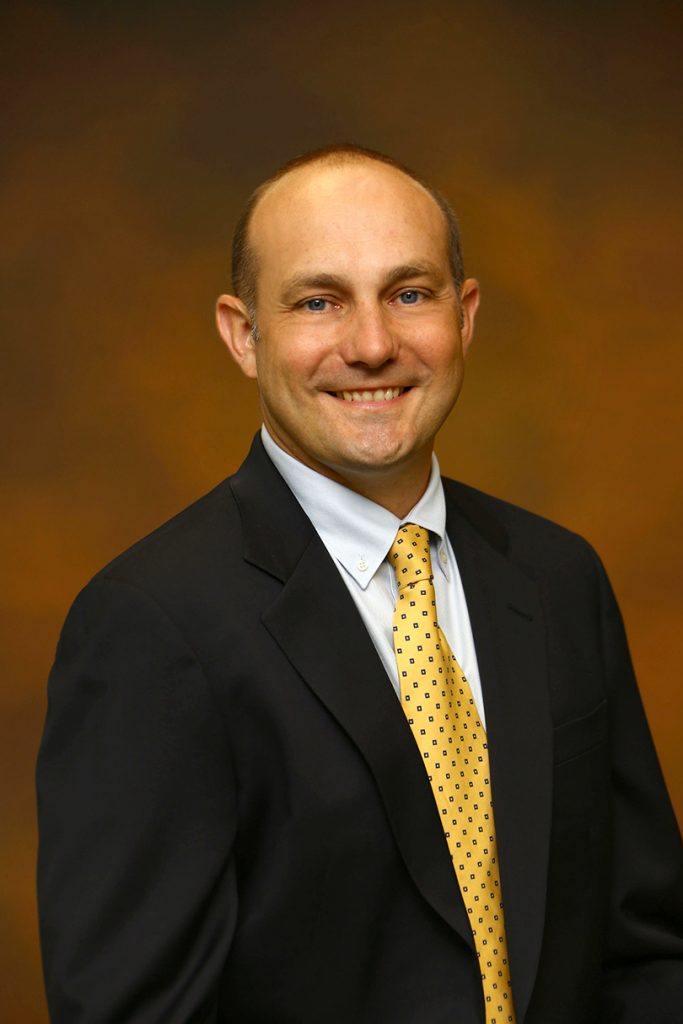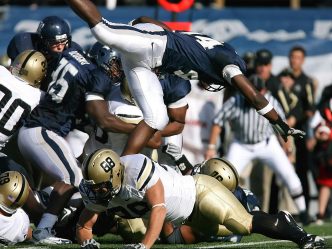Everyone is keeping a close eye on the economy. Whether on a global scale or at the kitchen table, it’s at the top of everybody’s mind.
Simon Medcalfe, PhD, Cree Walker Chair in the Hull College of Business at Augusta University and resident expert on the economy, shared his thoughts on where the economy stands as the final months of the year approach.
With the gross domestic product report being up, what should we take out of that?

“The GDP was interesting because it was actually up. The first two quarters were negative growth, so the economy had shrank. This time, the growth figure came in at 2.6%, but closer reading suggested it was actually a worse reading then the negative readings we had because consumer spending by firms was essentially flat.
The growth was seen in net exports or government spending or things like that. Consumers were kind of pulling back a little, which is why earnings were a little lower as well.”
Does the economy need to slow down a little?
“Yes, if you’re thinking about the Fed, that’s what they are worried about right now — inflation — because the economy is so incredibly hot, particularly with regards to prices. They’re raising interest rates with the aim at slowing down the economy. Unemployment is historically very, very low, if not at record levels in different places, so we could probably sustain a little slowing of the economy without impacting the labor market too much and try to get this general inflation under control.”
You say the economy could use a little unemployment. Isn’t that counterintuitive?
“Some unemployment is not bad. Economists used to suggest in the long run, the natural rate of unemployment is about 5-6%. Now we have unemployment in the 2-3% range in places. We have a little bit of wiggle room to see that increase.”
What’s the difference between frictional and structural unemployment?
“Economists talk about frictional unemployment and structural unemployment. Frictional unemployment is more of a job match or job search problem. So it’s a lack of information.
Structural unemployment is because of the changing nature of industry within an economy. An example is people working in textile manufacturing: It’s hard for them to go straight into computer science coding because they don’t have the skills. This is more long-term than frictional, and in some cases, can be quite detrimental to regions and people.”
The Fed is likely to raise interest rates by .75%. Are there signs of this slowing down?
“I think they’ll start slowing that down over time, but I think their projection is about 4.6% and we’re at like 3.25% now. They’re looking at all the economic indicators: not looking at any one or two, but everything.
They’re looking at inflation, and have different measures of that. They’re looking at the breakdown of inflation, like how much of it is due to the war in Ukraine, and what areas of the economy it may be impacting. They’re looking at the labor market, definitely looking at manufacturing output, etc. The one thing they don’t generally look at is financial markets. They would look at the housing market, though, and different sectors of the real economy, not the financial economy.”
 Augusta University
Augusta University




